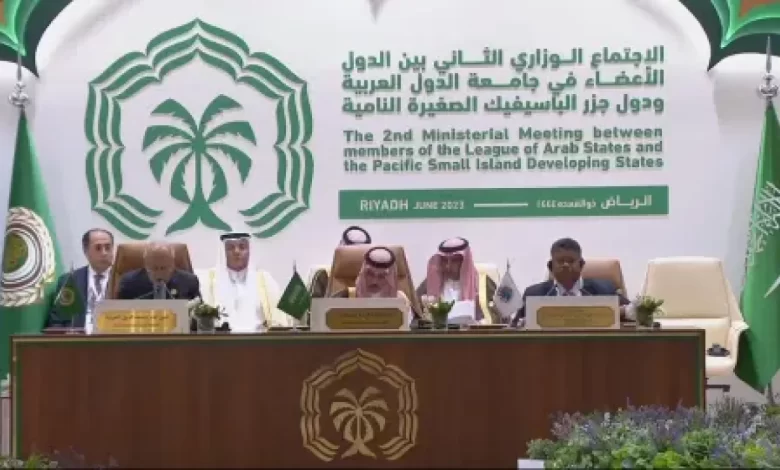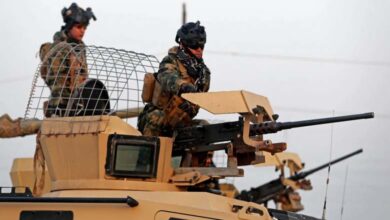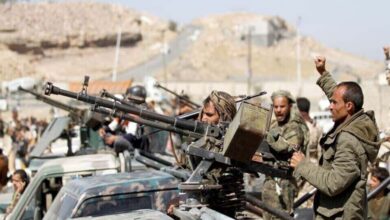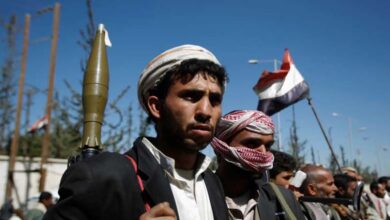What are the implications of the ministerial conference between Arab countries and Pacific island states?

The Arab world is leading the Western world by forging new relationships with new friends, and recently Saudi Arabia launched the second Arab Countries Conference with the Pacific Island States, where Saudi Arabia is keen on a promising partnership in several areas such as energy, climate, green energy, and tourism.
The Pacific Island Countries group consists of Kiribati, Marshall Islands, Fiji, Nauru, Papua New Guinea, Samoa, Solomon Islands, Tonga, Tuvalu, Vanuatu, Niue, Federated States of Micronesia, Palau, and Cook Islands
Arab-Pacific ‘promising partnership’
Many Arab countries and Saudi Arabia expressed the conference as a promising partnership opportunity between Arab and Pacific island countries.
At the same time, the Arab League believes that its geographical distance does not hinder the advancement of common interests between the two blocs by strengthening cooperation in the areas of security, energy, trade, investment, and logistical services.
Saudi Foreign Minister Prince Faisal bin Farhan Al Saud affirmed his country’s keenness to support the sovereignty and independence of states, resolve disputes peacefully and de-escalate.
Joining the Pacific Islands Forum Organization
“The meeting, which was held in the Saudi capital Riyadh, aims to exchange views on common issues and challenges and discuss political and economic partnerships between Arab countries and the Pacific Island Group.”
The meeting discussed the importance of strengthening cooperation in the field of energy, trade, investment, and logistics by activating the role of the private sector to search for investment opportunities that benefit our countries and people, pointing out that Saudi Arabia seeks to join the Pacific Islands Forum organization as a dialog partner.
Riyadh is taking great care to address the current and most pressing global challenges of the current and common era, he said, summarizing them as the issue of food security, supply chains, climate change, and sustainable development obstacles.
Pacific Islands seek to strengthen cooperation with Arabs
The Coordinator of the Pacific Islands Group States and Palau’s Minister of Foreign Affairs, Gustave Tiaro, indicated that the Group is seeking, through its participation in this meeting, to take serious steps to strengthen its relations with the Arab countries and the Middle East region.
“The world is facing many challenges, especially about climate issues, and we are working in the 14-nation group to address these threats to change a better life on the planet, especially about the phenomenon of plastic pollution,” he said.
International competition
Professor of Political Science Nasim Abd Al-Fattah said that the strategic Pacific islands have witnessed intense international competition in the past period, in the context of the geopolitical conflict between China and the United States, which has taken several steps, in its attempts to tighten the noose on its rival Beijing, as part of the broader struggle for influence after the war in Ukraine, which made global political polarization in its strongest way, bringing to mind the phase of the Cold War after the middle of the last century.
Abdel Fattah said international competition for the islands is a result of their geopolitical position among major powers to maximize their benefit and raise their claims while avoiding standing behind any pole.
The Arab contact and meeting with the Pacific Islands demonstrate the important geostrategic position of the two regions under the current international system.
Deputy Director of the Center for Arab Strategic Studies, Mukhtar Ghobashi, said that the objective of the meeting is to strengthen and develop relations between the Arab countries and the Pacific Island States, to coordinate positions on issues of common interest, most notably sustainable development issues and confronting climate change. Also, important files have been opened, such as the Palestine issue, which is central to the Arabs, stressing that the Palestinian issue will remain the core issue if the world wants to achieve justice and stability in the Middle East.












